Your Stress Isn’t Just “In Your Head” – It’s Literally Changing Your Brain (And It’s Scary, Fix it)
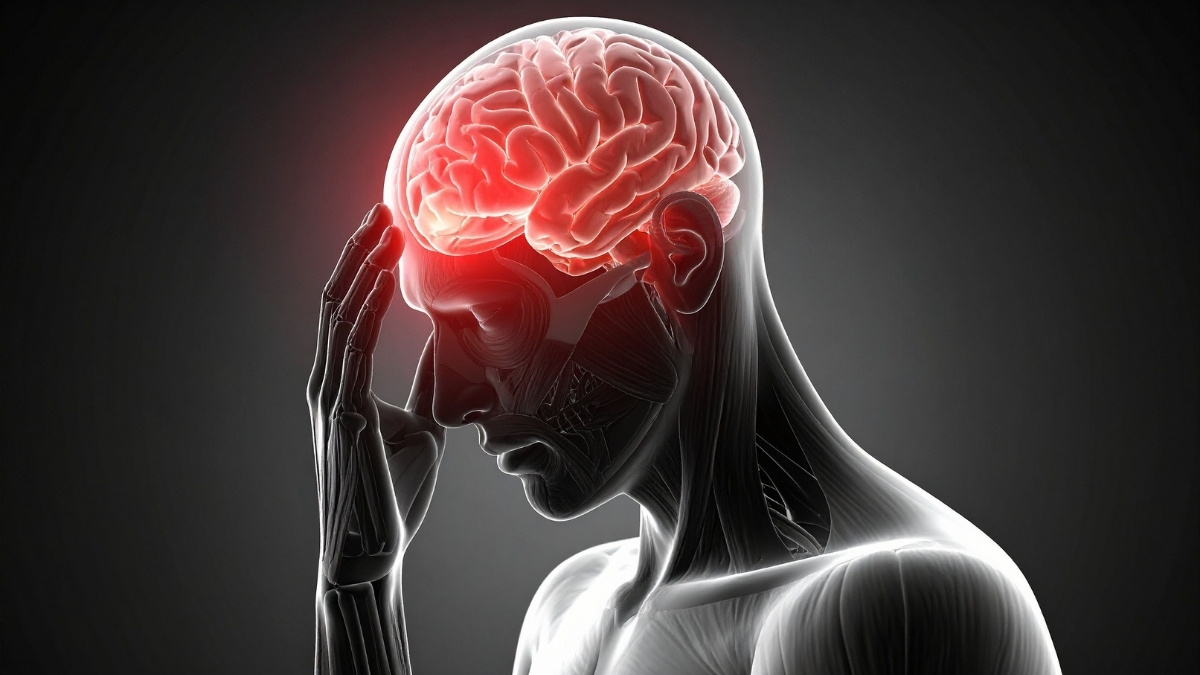
That constant knot in your stomach isn’t just anxiety. It’s your brain physically rewiring itself for survival mode. Every day of chronic stress literally changes your brain structure.
You forget simple words during important conversations. You snap at people you love over tiny things. Simple decisions feel impossible when they used to be easy.
This isn’t weakness – this is how stress changes your brain. Your memory center shrinks while your fear center grows. Your brain’s CEO stops working properly under constant pressure.
But here’s the good news about brain structure damage. Your brain can heal itself at any age through something called neuroplasticity. The same flexibility that let stress damage your brain can also repair it.
You’ll learn exactly how chronic stress rewires your neural pathways. We’ll show you the specific brain regions that change and why you feel the way you do. More importantly, you’ll get seven science-backed methods to reverse the damage.
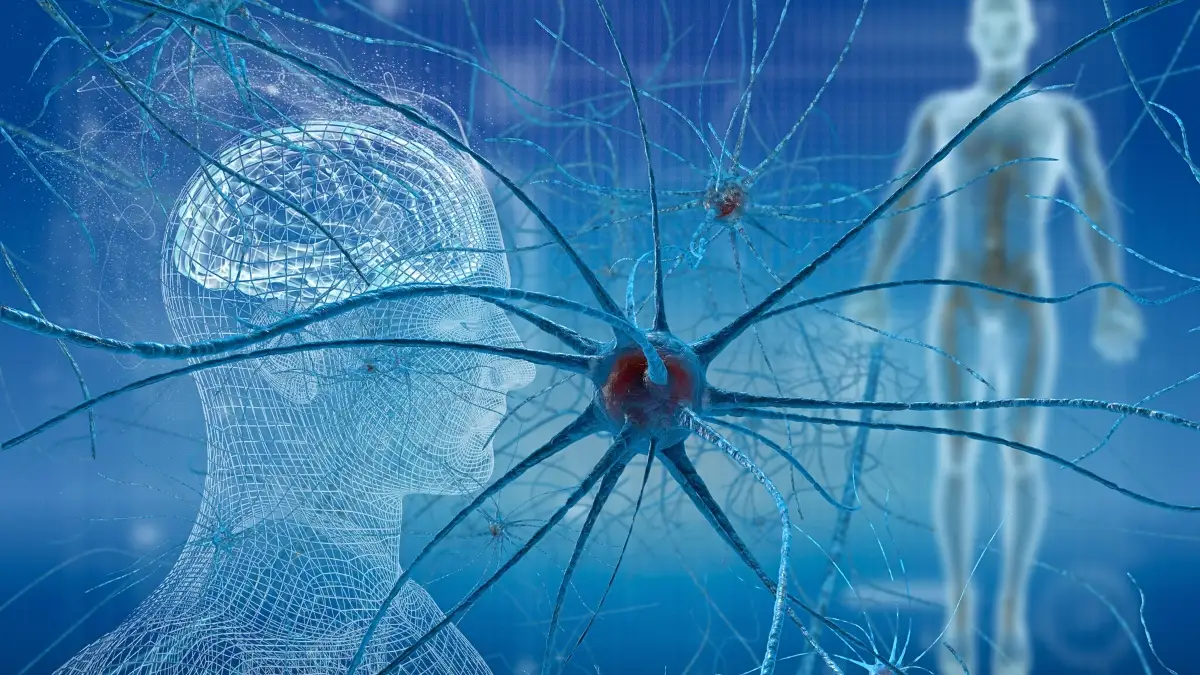
These aren’t feel-good tips – they’re strategies with real research behind them. People see measurable improvements in brain scans after using these techniques. Your brain wants to heal itself – you just need to know how to help it.
The Neuroscience Behind Stress: Your Brain Under Attack
Here’s what happens inside your head when stress won’t quit. Your brain treats every deadline like a tiger attack. It floods your system with cortisol – the stress hormone that was meant to save your life.
Cortisol stays in your system for over 6 hours after each stressful event. That means if you’re stressed all day, your brain never gets a break. It’s like keeping your car engine revving in the red zone.
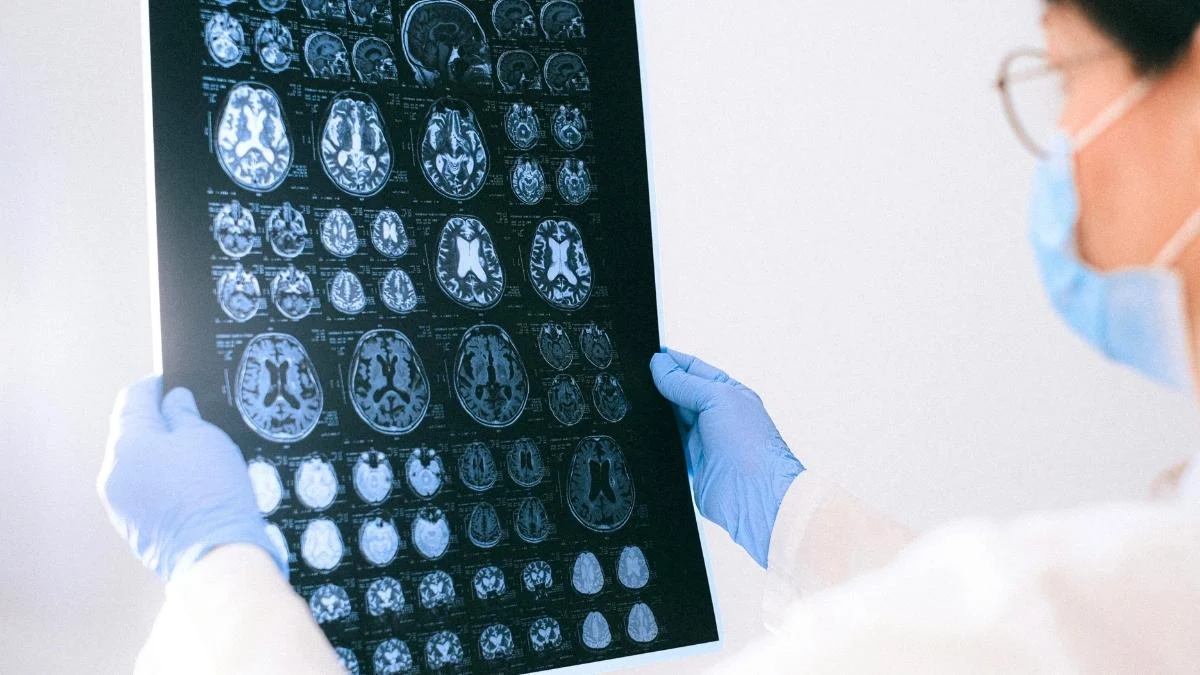
This chronic stress brain damage shows up in three key areas. First, your hippocampus – your memory center – actually shrinks. Stanford researchers found a 23% reduction in size among people with chronic stress.
That’s why you can’t remember where you put your keys. Your prefrontal cortex gets weaker too. This is your brain’s CEO – it makes decisions and controls emotions.
When it’s damaged, you snap at people over nothing. Simple choices feel impossible. Meanwhile, your amygdala grows bigger.

This is your alarm system. Studies show 20% more activity in stressed brains. That’s why car doors slamming make you jump out of your skin.
The worst part? Stress makes your blood-brain barrier leaky. Inflammation pours in like water through a cracked dam. Your brain literally swells with toxic proteins.
This isn’t “just stress.” This is your brain rewiring itself for survival mode. And it’s measurable on brain scans.
Physical Signs Your Stress Is Rewiring Your Brain
You’re not imagining these symptoms. Your body is sending clear signals that chronic stress is changing your brain. These aren’t character flaws or signs of weakness.
Stress brain fog hits when your hippocampus shrinks. You forget words mid-sentence during important meetings. Simple names slip away when you need them most.

You walk into rooms and forget why you came there. This memory chaos happens because stress literally damages your brain’s filing system. Your hippocampus can’t form new memories properly.
Your emotions go haywire when your prefrontal cortex weakens. You snap at your kids over spilled milk. Traffic jams make you want to scream.
Small decisions feel impossible – even choosing what to eat for lunch. That’s your brain’s CEO shutting down under pressure. It can’t handle basic choices anymore.
You jump at every sound because your amygdala is on high alert. Car doors slamming make you flinch. Your partner walking in the room startles you.
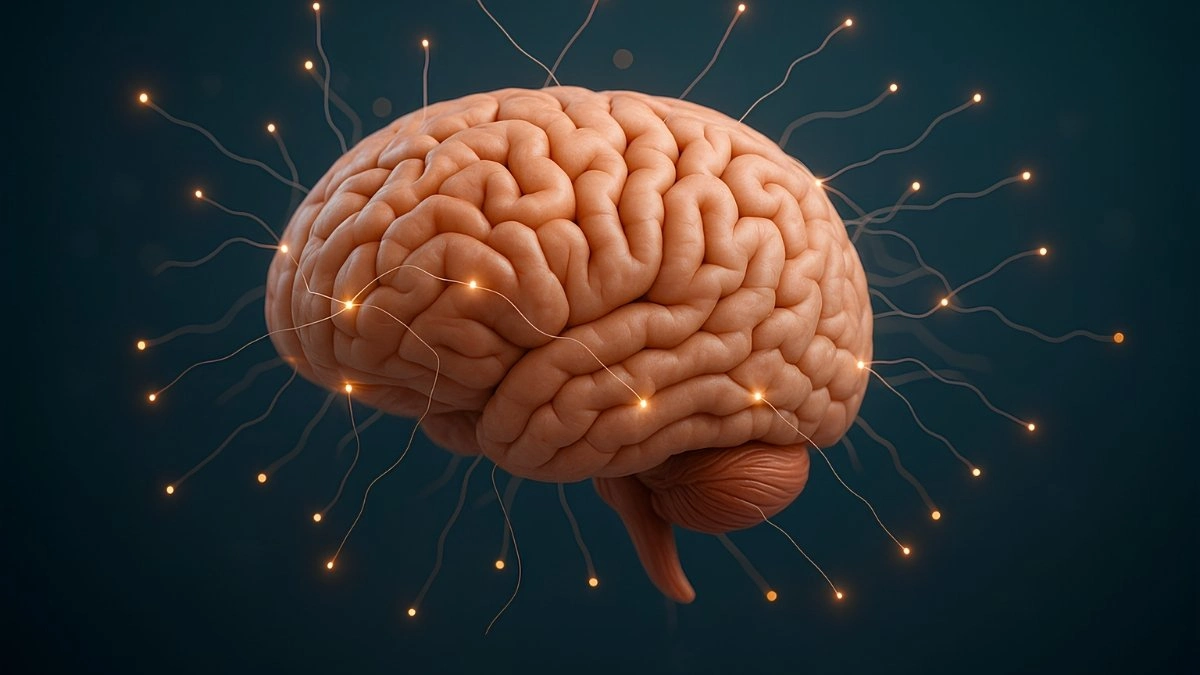
You feel like danger lurks everywhere. Your brain’s alarm system is stuck in the “on” position. It’s scanning for threats that don’t exist.
Sleep becomes your enemy too. You wake up exhausted after eight hours in bed. Your brain can’t detox properly during rest.
Headaches pound daily. Your stomach churns constantly. These aren’t separate problems – they’re all connected to your rewired brain.
7 Science-Based Strategies to Reverse Stress Brain Damage
Your brain can heal itself. These seven methods have solid research behind them.
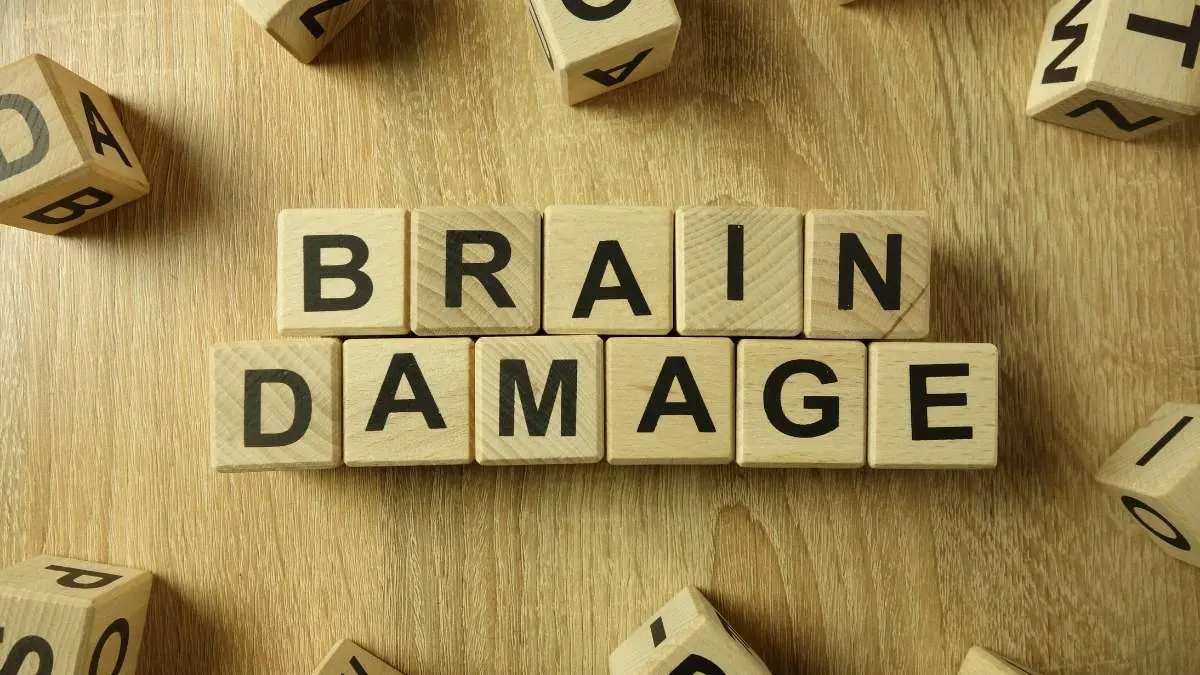
Pick one to start – you don’t need to do everything at once.
1. Mindfulness Meditation

Just 20 minutes daily cuts cortisol by 25% in 8 weeks. Sit quietly and focus on your breathing. When your mind wanders, gently bring it back to your breath.
Try apps like Headspace or Insight Timer for guided sessions. Start with 5 minutes if 20 feels too long. Your brain literally grows new connections during meditation.
2. High-Intensity Exercise

Exercise boosts memory test scores by 15% within weeks. Aim for 150 minutes of moderate activity weekly or 75 minutes of intense workouts. High-intensity interval training works best for brain repair.
Your brain makes more BDNF – think of it as fertilizer for neurons. Even a 10-minute walk helps when you’re starting out.
3. Deep Sleep Optimization

Good sleep makes you 40% more stress-resistant. Your brain detoxes during deep sleep, washing out toxic proteins. Get 7-9 hours nightly in a cool, dark room.
No screens one hour before bed. Keep the same sleep schedule every day. Your brain’s cleanup crew only works during quality rest.
4. Omega-3 Supplements

Take 1000-2000mg of EPA/DHA daily. These fats reduce brain inflammation within 4 weeks. Look for third-party tested fish oil or algae supplements.
Your brain is 60% fat – it needs good fats to repair itself. Many people see mood improvements in the first month.
5. Social Connection

Regular conversations cut stress hormones by 50%. Call a friend weekly or join a group activity. Loneliness triggers the same brain damage as chronic stress.
Face-to-face contact works better than texting. Your brain releases oxytocin during real conversations, which fights cortisol naturally.
6. Cognitive Behavioral Techniques

These methods reduce anxiety by 60% in most people. Challenge negative thoughts before they spiral out of control. Ask yourself: “Is this thought actually true?”
You can learn these skills from apps, books, or therapists. Your brain builds new pathways when you practice different thinking patterns.
7. Nature Exposure

Just 20 minutes outdoors drops cortisol by 15% immediately. Sit in a park, walk through trees, or garden in your yard. Green spaces calm your nervous system fast.
Japanese researchers call this “forest bathing.” You don’t need a forest – any natural setting works for brain recovery.
Timeline: What to Expect During Brain Recovery
Brain healing takes time. Here’s what research shows about the stress recovery timeline. Don’t expect overnight miracles – but do expect real changes.
Week 1-2: You’ll sleep better and feel more energy. Your brain starts producing less cortisol within days. Sleep quality improves as your nervous system begins to calm down.
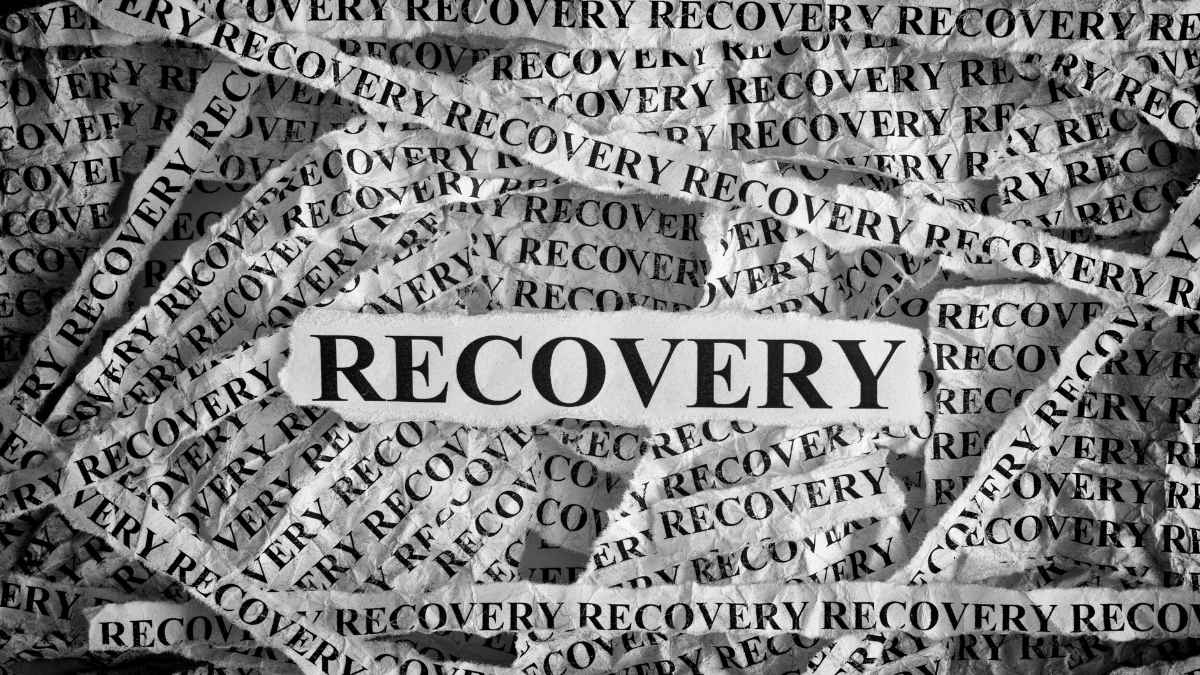
Many people notice they wake up less during the night. Week 3-4: Your emotions become more stable. You stop snapping at people over small things.
Making simple decisions gets easier. Your prefrontal cortex starts working properly again. Week 5-8: Memory and focus get noticeably sharper.
Conclusion:
Now you know the truth about how stress changes your brain. Those memory lapses and emotional outbursts aren’t character flaws. They’re measurable changes in your brain structure caused by chronic stress.

The damage is real – but so is your brain’s ability to heal. Neuroplasticity means your brain can rebuild itself at any age. You have the power to reverse years of stress damage.
You don’t need to try all seven strategies at once. Pick one that feels doable and stick with it for a few weeks. Meditation, exercise, better sleep – they all help your brain recover.
Multiple techniques work better together, but start small. Your hippocampus can grow new cells while your amygdala shrinks back to normal size. Brain scans prove these changes happen in real people using these methods.

If you’re struggling with severe symptoms, get professional help. Therapists and doctors have additional tools for serious cases. There’s no shame in asking for backup.
Your future brain is counting on the choices you make today. Which strategy will you try first? Start now – your brain is already capable of healing itself.






